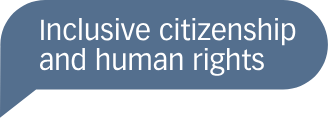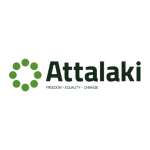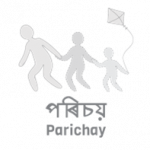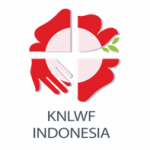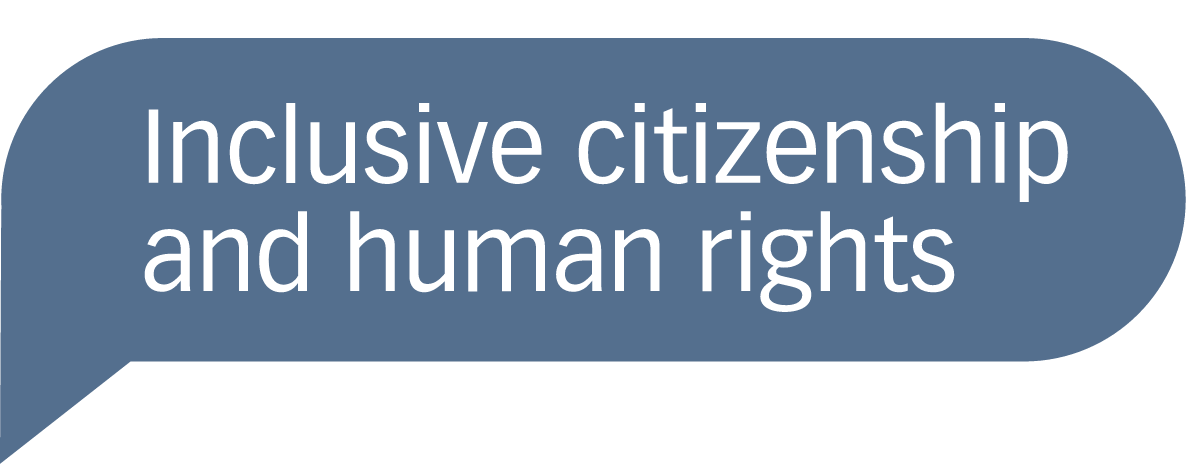Promoting inclusive citizenship through audio-visual resources
The Inclusive Citizenship and Human Rights (ICHR) project focuses on the conditions and human rights of religious minorities in conflict-ridden societies. We offer research-based resources and tools tailored for educators, students, and civil society in selected ODA-countries.
Our Work
“Everyone shall have the right to freedom of thought, conscience and religion.”
Our focus is to explore what the conditions are for coexistence and inclusive citizenship in conflict-ridden societies.
This initiative aims to strengthen the capacity of key actors, especially educators and civil society organizations, in advancing inclusive citizenship and fulfilling human rights, particularly for religious minorities in conflict-affected societies. It does so by drawing upon research-based evidence, practical insights, and human rights principles. We embrace the key principles of prevention such as inclusion & participation, knowledge & critical thinking, and inter-cultural competence.
Collaboration with our regional partners, particularly from ODA countries, is central to our work. Our primary goal is to promote shared learning and adapt initiatives within respective countries through these partnerships. See current partners here.
Objectives
- Prevent discrimination and other human rights violations based on religious and ethnic identity.
- Provide insights into the root causes and consequences of identity-based human rights violations.
- Contributing to inclusive citizenship and peaceful coexistence among diverse religious groups, particularly in the ODA countries.
- Encourage efforts to develop strategies aimed at preventing mass atrocities in conflict ridden societies.
Main Elements
We provide easy and free access to research and audio-visual tools such as short documentaries, expert interviews, video-stories, 360°-tours and online courses developed with experts in the fields of human rights, law and civil society in collaboration with partners from ODA countries.
These interactive elements offer insight and personal connection to the topics and affected individuals, motivating efforts to combat and prevent identity-based human rights violations. They increase knowledge and understanding, enhancing the capacity to address and prevent such atrocities, and provide practical tools for these efforts. Our elements can be used as educational tools.
Contact us
This learning resource is developed by the Inclusive Citizenship and Human Rights project at The Norwegian Center for Holocaust and Minority Studies (HL-SENTERET). For questions related to this project, please contact Dr. Ingvill Thorson Plesner, project manager.
